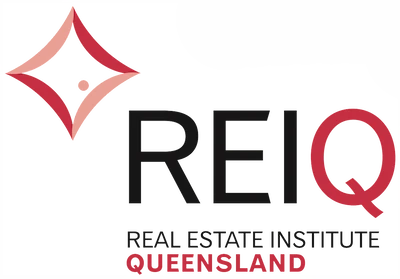Much of the discussion around the tax aspects of investment properties has focused on negative gearing, that is, properties where the rental income is less than the cost of servicing the financing for the property. However, whether your property is negatively geared or is delivering a cashflow positive income stream, there are some really important deductions every property owner should know about.
 1. You can claim depreciation
1. You can claim depreciation
Most people are familiar with depreciation as it applies to cars and business assets, but did you know a good depreciation specialist can also help you identify things in your investment property that can be depreciated over time?
These include floor coverings, window coverings, appliances, any building technology such as solar PV, video security systems or air-conditioning systems.
Even an older property will deliver additional tax benefits if a depreciation schedule is drawn up that covers every applicable asset.
2. You can claim agent or property manager fees
Not only does a great real estate agent or property manager help you achieve the best results from your investment property, the fees they charge are also tax-deductible.
In addition, the fees of any other expert including a valuer, depreciation expert, accountant, landscape designer or interior designer are also tax-deductible.
3. You can claim for maintenance and repairs
Unlike your own home, any work you get done on your investment property is a legitimate business expense. So whether you are engaging a pest controller, window cleaner, chimney sweep, plumber, electrician or air-conditioning technician – all of these expenses contribute to your deductibles.
You can also claim for a locksmith if you have had to change the locks between tenants, carpet cleaning, professional housecleaning, lawn mowing, arborists, glaziers, painters, tilers and every other tradesperson required to keep your property in tip-top condition.
4. You can claim for landlord insurance
As someone who has been an agent and seen some horror stories unfold, I highly recommend landlord’s insurance.
It covers you in the event of damage by either tenants or outside events such as storms for such things as loss of rental income, repairs and replacement of fixtures or fittings.
Landlords insurance also means you have backup if things go wrong for your tenant and they fall into arrears through job loss, relationship breakdown or prolonged illness.
Best of all, you can deduct the cost.
5. You can claim interest on loans
When you have a mortgage for your own home, the Australian Taxation Office is not going to let you claim interest on the loan. An investment property is different – just like any other business, you can deduct the interest cost of borrowing for purchasing, refurbishing or refinancing the property.
Depending on the size of the loan and the interest rate, this can be quite a significant tax benefit!
6. You can claim marketing costs
Like any product, without sound marketing you are unlikely to reach the right people. Ensuring your property attracts the best possible tenants, at the optimum rent really does rely partly on how it is presented to the market.
Naturally you will have an idea of how much you would like to be spent on marketing the property to potential tenants, and many agents have a standard package to offer.
However you go about it, every cent you spend on attracting those great tenants can be claimed as a deduction against income.



7. You can claim the cost of keeping power and water on between tenants
Nowadays, it is standard for utilities to remain connected between tenancies. This makes it possible for landlords to see to any needed repairs and maintenance, and also makes the home more attractive when tenants are viewing it due to things like gardens being regularly watered and lights that work.
The supply charges and any usage charges incurred between tenants can be legitimately deducted from any income.
You can also deduct the basic supply charge for water during tenancies in areas where a supply charge applies.
If you are looking for more advice on how to gain the maximum tax benefits from your investment property, I highly recommend consulting with an accountant that specialises in investment property matters. Not only will you put yourself on a solid footing with the ATO – their services are also tax-deductible!
If you are wondering how to find a great accountant – get in touch! We are always happy to share the insights gained from our many years of investment property management experience.



